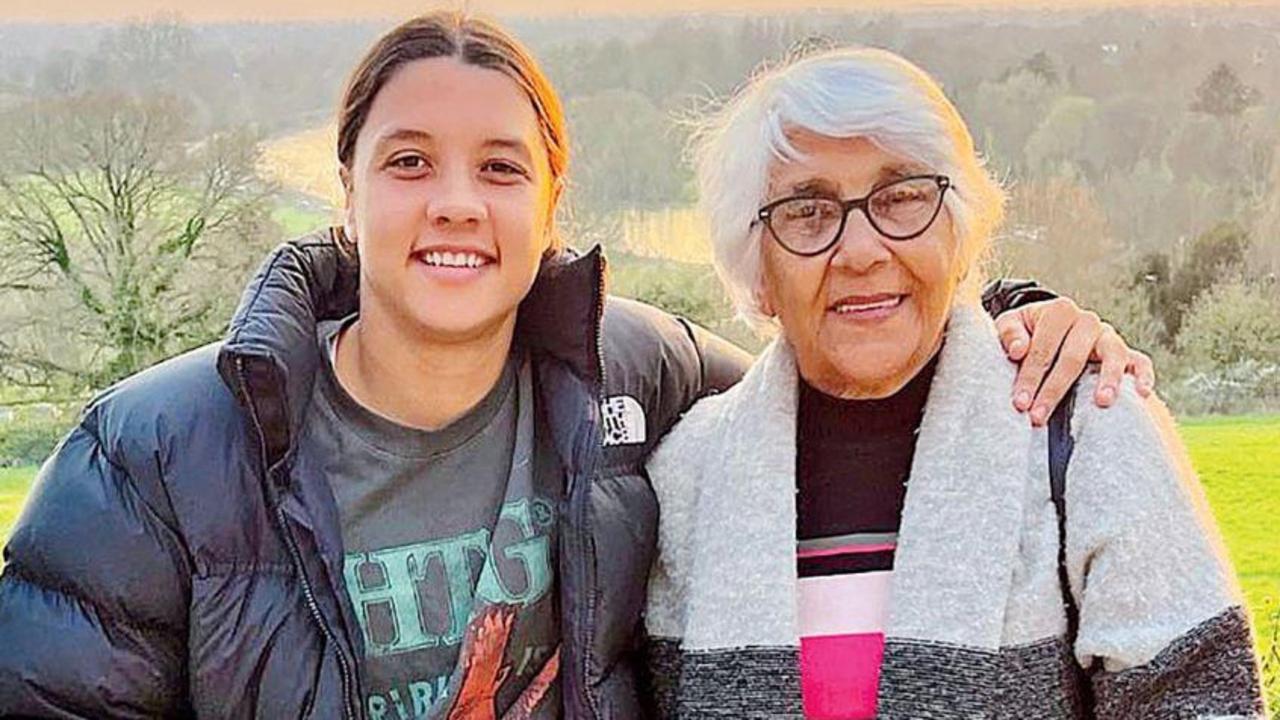‘No evidence of murder’: Appeal bombshell for nurse found guilty of killing seven babies
The killer nurse is serving 15 whole-life orders for murdering seven babies in a year-long reign of terror.
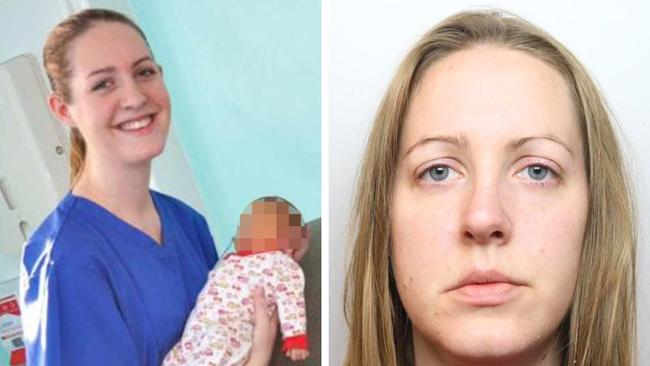
News
Don't miss out on the headlines from News. Followed categories will be added to My News.
Lucy Letby’s legal team have made a new bid against her convictions claiming her original case was a “miscarriage of justice”.
The killer nurse is serving 15 whole-life orders for murdering seven babies in a year-long reign of terror.
Letby, 34, also tried to kill seven others – including one baby twice – at Countess of Chester Hospital.
Today, a “blue riband committee” of 14 neonatologists claimed they found “no murders” after going through the evidence at a press conference in London.
Lawyers for Letby revealed before the hearing that they have submitted an application to the independent Criminal Cases Review Commission (CCRC) citing a miscarriage of justice.
The CCRC will now investigate whether the case should be sent to the Court of Appeal, who are the only ones that can overturn a conviction.
Tory former minister Sir David Davis is chairing today’s panel, while the nurse’s barrister, Mark McDonald, is also present.
Sir David, the MP for Goole and Pocklington, wants a retrial for Letby and said he believes it will clear her of any wrongdoing.
He began today’s proceedings by saying the experts will “put right what I think is one of the major injustices of modern times”.
Among those on today’s panel are retired medic Dr Shoo Lee, who co-authored a 1989 academic paper on air embolism in babies, which featured prominently in Letby’s trial.
His work was used to support the theory that the nurse killed some of the children by injecting them with air.
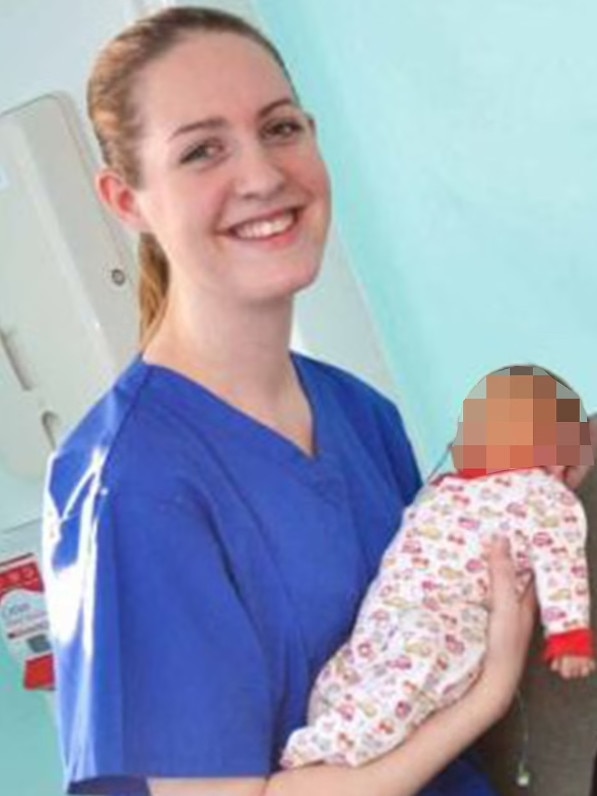
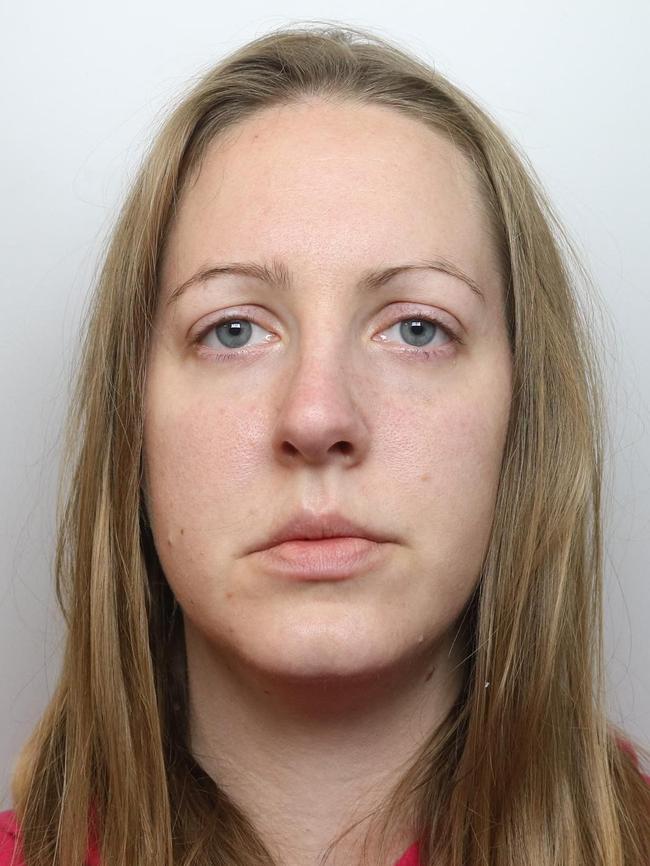
Dr Lee has previously claimed his findings on skin discolouration was “misrepresented” in court and that the evidence “wasn’t quite right”.
He said he recently updated his academic paper and found no cases of skin discolouration linked to air embolism by the venous system, as was said during the trial.
Speaking today, he told the press conference: “In summary, ladies and gentlemen, we did not find any murders.
“There was no medical evidence to support malfeasance causing death or injury in any of the 17 cases in the trial.
“Death or injury of all the affected infants were due either to natural causes or to errors in medical care.
“There were serious problems related to medical care of patients at this hospital.”
The retired doctor told the hearing that one of the babies actually died from thrombosis and not air embolism.
Thrombosis is a condition where a blood clot forms in a blood vessel – blocking blood flow.
Dr Lee also told the hearing that another baby was said to have collapsed when air was injected into them.
Prosecutors said the air embolism resulted in “patchy discolouration of the skin and death”.
The medic said today: “I would like to just repeat what I said earlier, that there is no evidence that air embolism through the veins results in patchy discolourisation of the skin.
“So let’s just dismiss that, that’s not a consideration.”
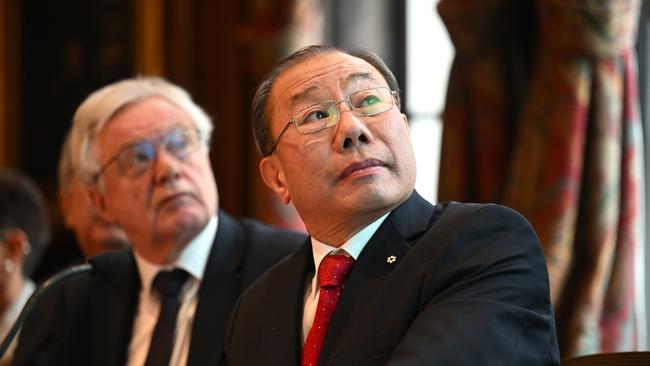
The panel also heard one baby girl’s death was preventable and that there was no evidence of an air embolism.
Dr Lee suggested medics caring for her failed to respond timely to a bacterial infection with antibiotics.
He also concluded the child died from respiratory complications, with no evidence of air embolism.
Jurors heard Letby used insulin and air to inject newborns while working on the neonatal ward and dislodged their breathing tubes.
But Dr Lee said in the case of one baby, there was “no proof” their tube was dislodged.
Instead, the youngster’s deterioration was caused by the use of an undersized tube, he added.
Letby’s barrister Mark McDonald described today’s evidence as a “game-changer” and vowed to bring the case back to the Court of Appeal “by the summer”.
The neonatal nurse has so far lost two bids to appeal against her convictions at the court.
Her latest in October was over her most recent conviction for the attempted murder of a baby girl.
The killer declared “I’m innocent” as she was handed another life order in July after the retrial.
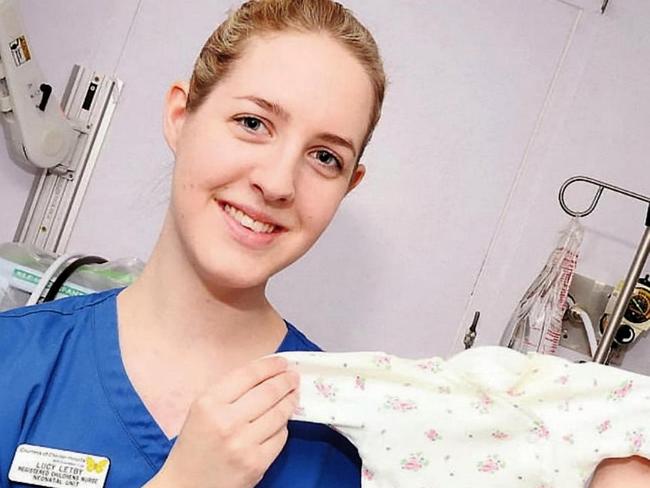
Jurors heard how she tried to kill Baby K by dislodging her breathing tube less than two hours after she was born.
Baby K was transported to Arrowe Park Hospital and sadly died three days later – although prosecutors do not believe the nurse caused her death.
Letby became only the fourth woman ever to be handed whole life tariff after Rose West, Joanna Dennehy and Myra Hindley when she was sentenced.
She was originally convicted of seven counts of murder in August last year following a nine-month trial and 22 days of jury deliberation.
During her trial, prosecutors argued the collapses and deaths of the children were not “naturally-occurring tragedies” and instead the gruesome work of “poisoner” Letby.
Her rampage was finally uncovered after staff grew suspicious of the “significant rise” in the number of babies dying or suffering “catastrophic” collapses.
Letby was found to be the “common denominator” among the horrifying incidents.
A public inquiry into how Letby was able to commit her crimes began in September, with closing legal submissions expected in March.
The findings of Lady Justice Thirlwall are expected to be published this autumn.
A probe into whether Letby harmed any other babies at the Countess of Chester Hospital and Liverpool Women’s Hospital is ongoing.
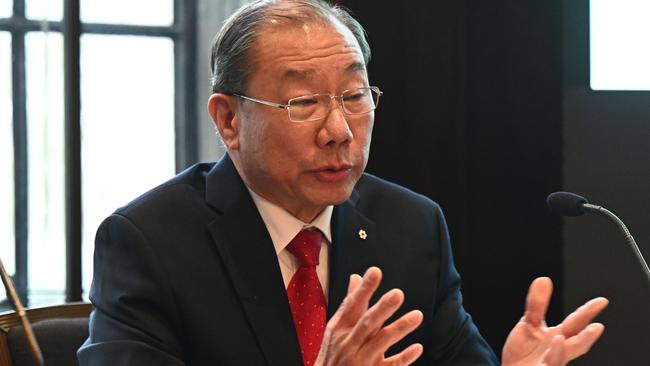
Letby has been interviewed at HMP Bronzefield in Ashford, Surrey, under caution in relation to the ongoing investigation.
A spokesperson for the CCRC said: “We are aware that there has been a great deal of speculation and commentary surrounding Lucy Letby’s case, much of it from parties with only a partial view of the evidence.
“We ask that everyone remembers the families affected by events at the Countess of Chester Hospital between June 2015 and June 2016.
“We have received a preliminary application in relation to Ms Letby’s case, and work has begun to assess the application. We anticipate further submissions being made to us.
“It is not for the CCRC to determine innocence or guilt in a case, that’s a matter for the courts.
“It is for the CCRC to find, investigate and if appropriate, refer potential miscarriages of justice to the appellate courts when new evidence or new argument means there is a real possibility that a conviction will not be upheld, or a sentence reduced.”
The CCRC said it is “not possible” to give a time frame over how long the probe will take.
This story first appeared in The Sun and was republished with permission.
Originally published as ‘No evidence of murder’: Appeal bombshell for nurse found guilty of killing seven babies




